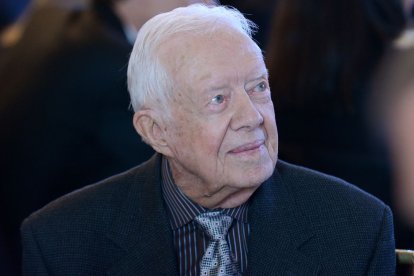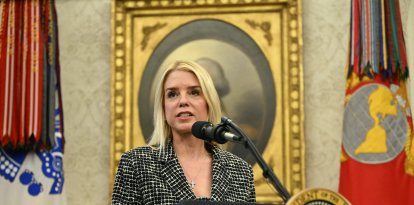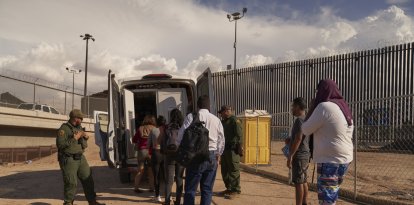Jimmy Carter, longest living president and Nobel Peace Prize laureate
The former president died at his home in Plains, Ga., his son told The Washington Post.

Georgia Institute of Technology / Flickr
Former President and Nobel Peace Prize laureate Jimmy Carter died Dec. 29 at the age of 100 at his home in Plains, Ga., his son James E. Carter told The Washington Post. He was the oldest living president in U.S. history.
The son confirmed the death but has not provided details of a specific cause.
Palliative care and health problems
Previously, in February 2023, The Carter Center issued a statement announcing that the former president would begin receiving palliative care at home, rather than "additional medical intervention." The decision was supported by his loved ones and medical team. His family asked for privacy. In the statement the family hinted at his weak state of health:
In 2015, Carter was diagnosed with metastatic melanoma that stemmed from liver and brain cancer. In 2016, he managed to get rid of the disease thanks to the use of an experimental drug and immunotherapy and radiation treatments.
In 2019, his health worsened again after suffering a series of falls that required surgeries and emergency transfers to medical centers. In the first accident he had to undergo hip replacement surgery; in the second he suffered a heavy fall that required about 14 stitches. And the last of the emergencies occurred during a trip to Nashville, Tenn., where he fractured his pelvis.
The country's 39th president also suffered brain hemorrhaging that caused cranial pressure, which prompted another surgery to relieve the pressure.
His wife, Rosalynn, died in November 2023, at age 96. The Carters were married for 77 years, also the longest presidential marriage in U.S. history.
The former president made a public appearance at Rosalynn's funeral. His last public appearance was just over two months ago, on Oct. 1, when Jimmy Carter turned 100 years old and was photographed in the yard of his home with friends and family.
Carter as president
Carter was not a highly recognizable personality in the public eye prior to his run for the presidency. In his career in politics, he had previously served as governor of the state of Georgia (1971-1975) and had senator in the Georgia General Assembly (1962-1966).
After defeating Gerald R. Ford in 1976, he served only one term as president. In the 1980 election, he was defeated by Republican Ronald Reagan.
His term in office was marked by important events surrounding the country's foreign policy: the treaties signed over the Panama Canal, the Camp David Accords (peace treaty between Egypt and Israel), the SALT II treaty with the former Soviet Union, the establishment of diplomatic relations with China and the Iran hostage crisis.
In domestic policy, his government created the Departments of Energy and Education, established a national energy policy, and reformed social security. On the economy, the Carter administration faced a severe financial crisis, with out-of-control inflation and double-digit interest rates.
After politics and Nobel Peace Prize
After leaving the White House, he devoted himself to mediating in international conflicts and supporting humanitarian causes. In 1982, he founded with his wife Rosalynn The Carter Center, a nonprofit whose mission is to fulfill "a fundamental commitment to human rights and the alleviation of human suffering, the Center seeks to prevent and resolve conflicts, enhance freedom and democracy, and improve health."
In 2002, the former president was awarded the Nobel Peace Prize for his efforts "to find peaceful solutions to international conflicts, advance democracy and human rights, and promote economic and social development."
RECOMMENDATION





















